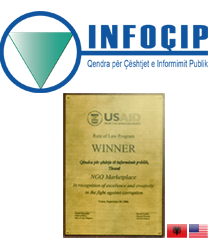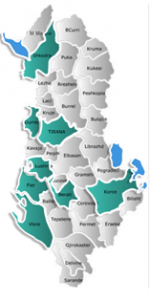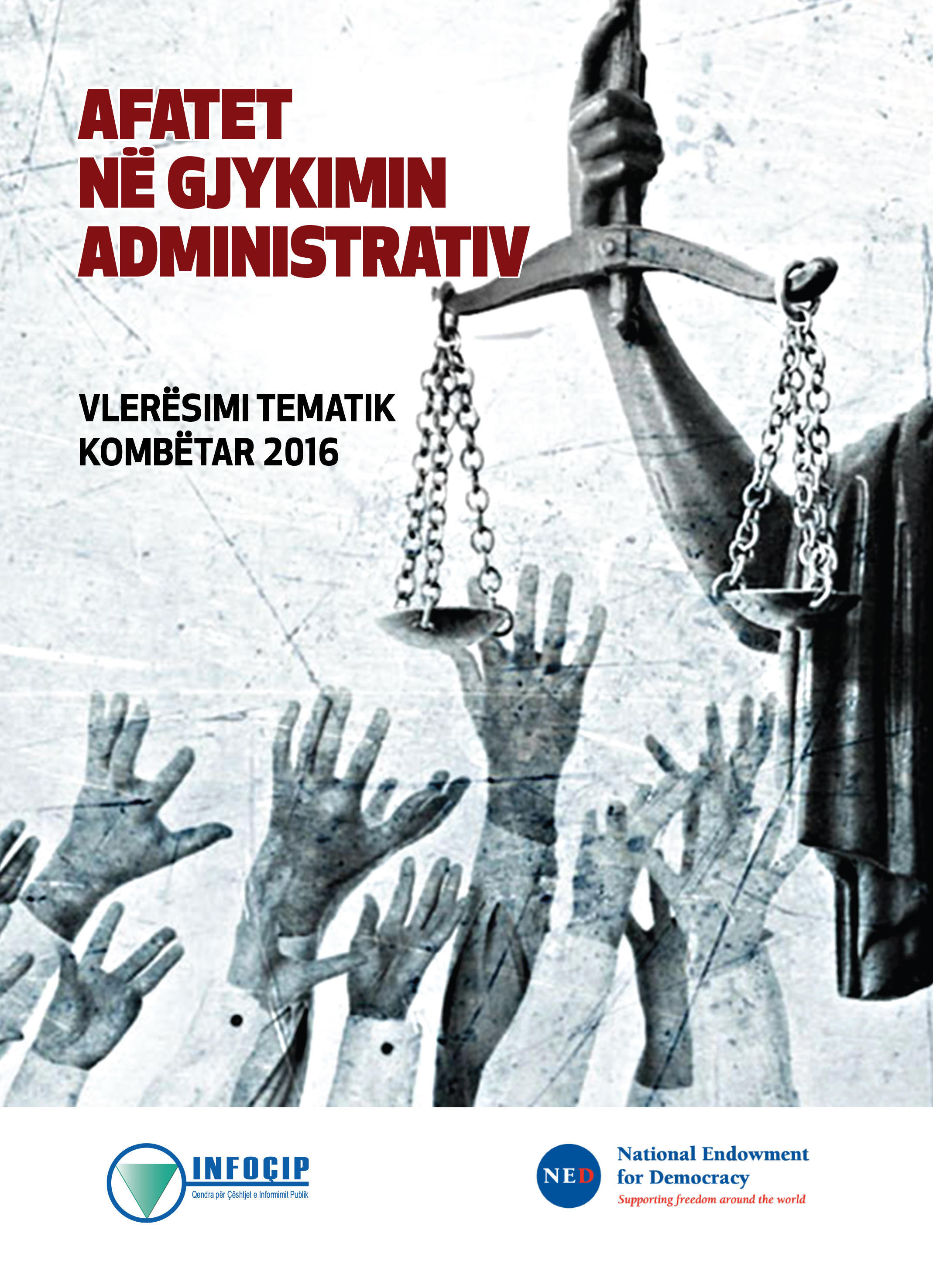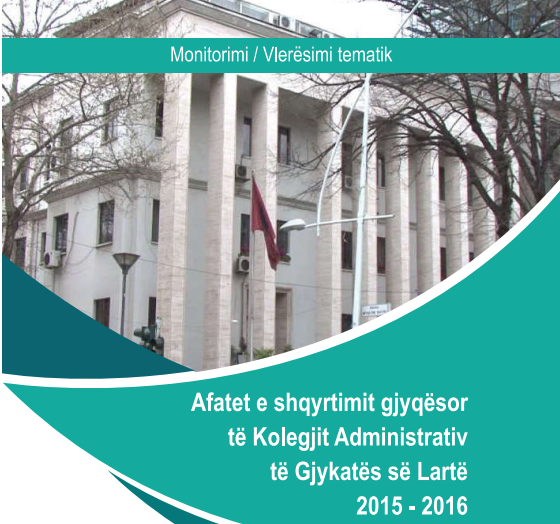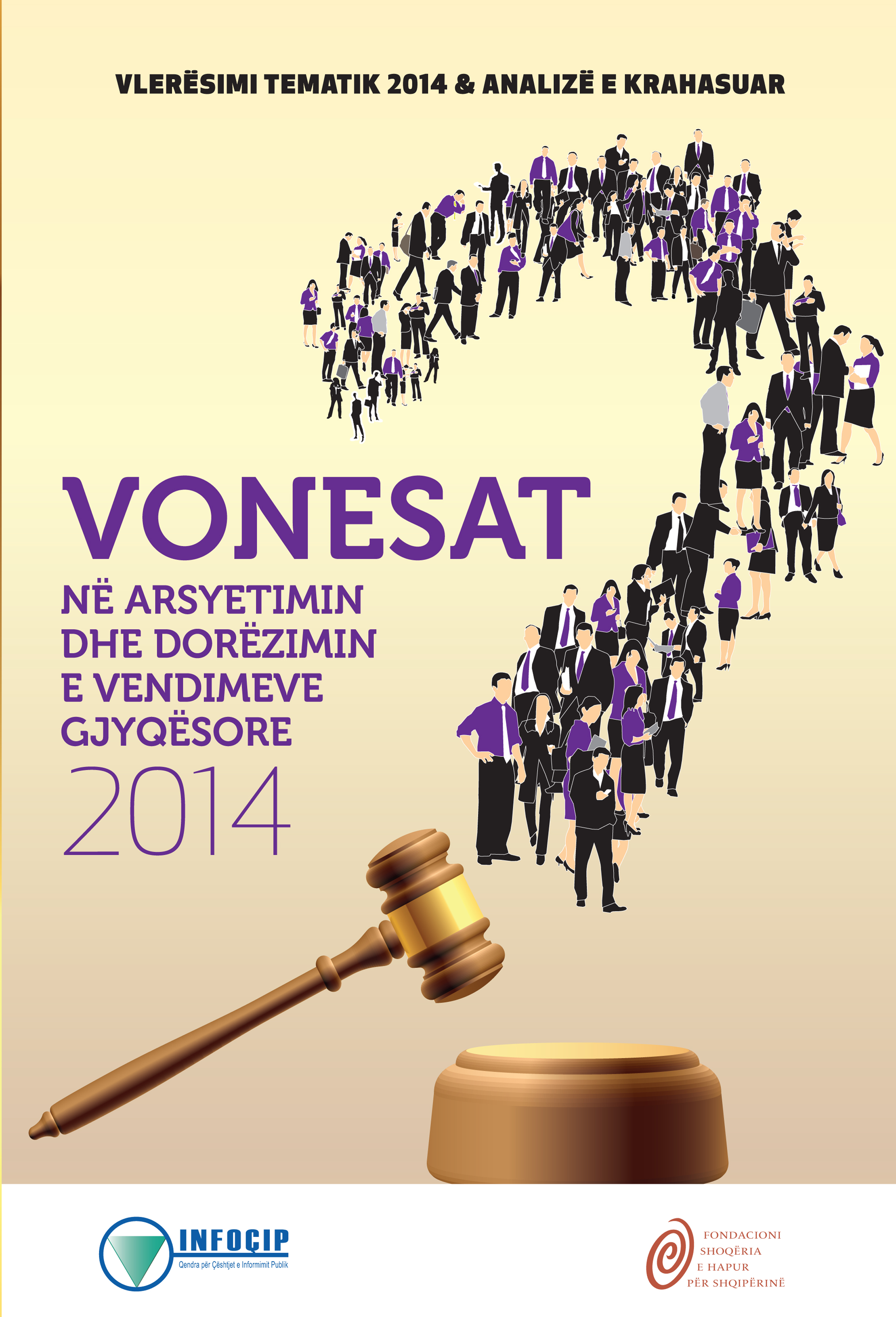Vodafone unveils “the truth” about surveillance of costumers as requested by governments, INCLUDING ALBANIA
 Vodafone has taken the initiative to disclose the existence of secret wires allowing government agencies to listen to all conversations on its networks, explaining they are massively used in some of the 29 countries, including Albania, in which it operates in Europe and beyond. Through the move, Vodafone intends to break the silence on government surveillance, so as to fight back the increasingly widespread use of phone and broadband networks to spy on citizens. It has published today a « Law Enforcement Disclosure Report » of about 40 000 words.
Vodafone has taken the initiative to disclose the existence of secret wires allowing government agencies to listen to all conversations on its networks, explaining they are massively used in some of the 29 countries, including Albania, in which it operates in Europe and beyond. Through the move, Vodafone intends to break the silence on government surveillance, so as to fight back the increasingly widespread use of phone and broadband networks to spy on citizens. It has published today a « Law Enforcement Disclosure Report » of about 40 000 words.
The report provides a detailed insight into the legal frameworks, governance principles and operating procedures associated with responding to demands for assistance from law enforcement and intelligence agencies across 29 countries. The report – which is the first of its kind published anywhere in the world – consists of three sections: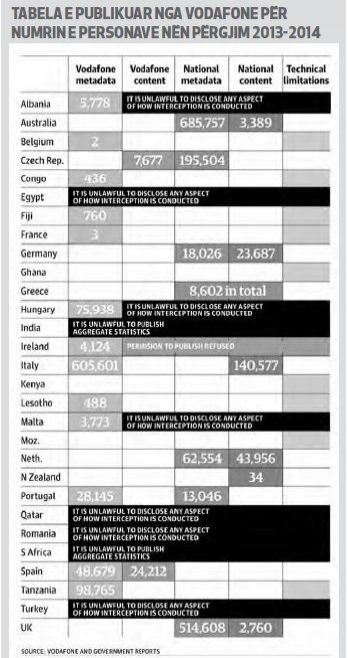
- a detailed overview of the legal, governance and operational factors underpinning law enforcement and intelligence agency access to customers’ private data;
- a country-by-country section providing aggregate statistical data where permissible, both from Vodafone’s local operations and from official sources, on the volume of demands made by government authorities, and summaries of the outcome of Vodafone’s extensive analysis of the extent to which it is lawful to disclose information related to agency and authority demands; and
- a legal annexe summarising the most relevant legislation governing agency and authority access to customer data in each of Vodafone’s 29 countries of operation. This information has not previously been published by any operator and is made available by Vodafone on a Creative Commons licence to enable others to expand the body of work over time.
According to Vodafone, 29 governments from Albania to the U.K. asked for access to its network or user data. The requests ranged from wiretapping, or intercepting calls and messages, to accessing data such as call and Web-browsing records, according to the report released Friday, which covered the year through March 31.
As regard Albania, data show that some 5778 persons in Albania were put under surveillance during the periud covered by this Report. Only some media outlets in Albania payed attention to the Report’s findings, expressing concerns on the vast
“It’s unacceptable governments carry out surveillance work so massive, widespread and indiscriminate as that revealed by Vodafone’s report,” said Antonello Soro, chairman of Italy’s Data Protection Authority. “Just as it is not acceptable that governments have access directly to the phone calls of citizens outside the safeguards prescribed by law and without a measure of the judiciary.”
LAST RELEASED PUBLICATION
MONITORING REPORT
Recent reports/studies
Partners / Donors
Local Branches
- Citizens' Transparency Office, Durrës (19)
- Citizens' Transparency Office, Korça (9)
- Election Situation Chamber (11)
- JUDICIARY (1)
- NED (11)
- www.vendime.al (5)
Foto lajm

- CPII anounces the monitoring result for Durres Municipal Council. It must be re-elected
Where we work

